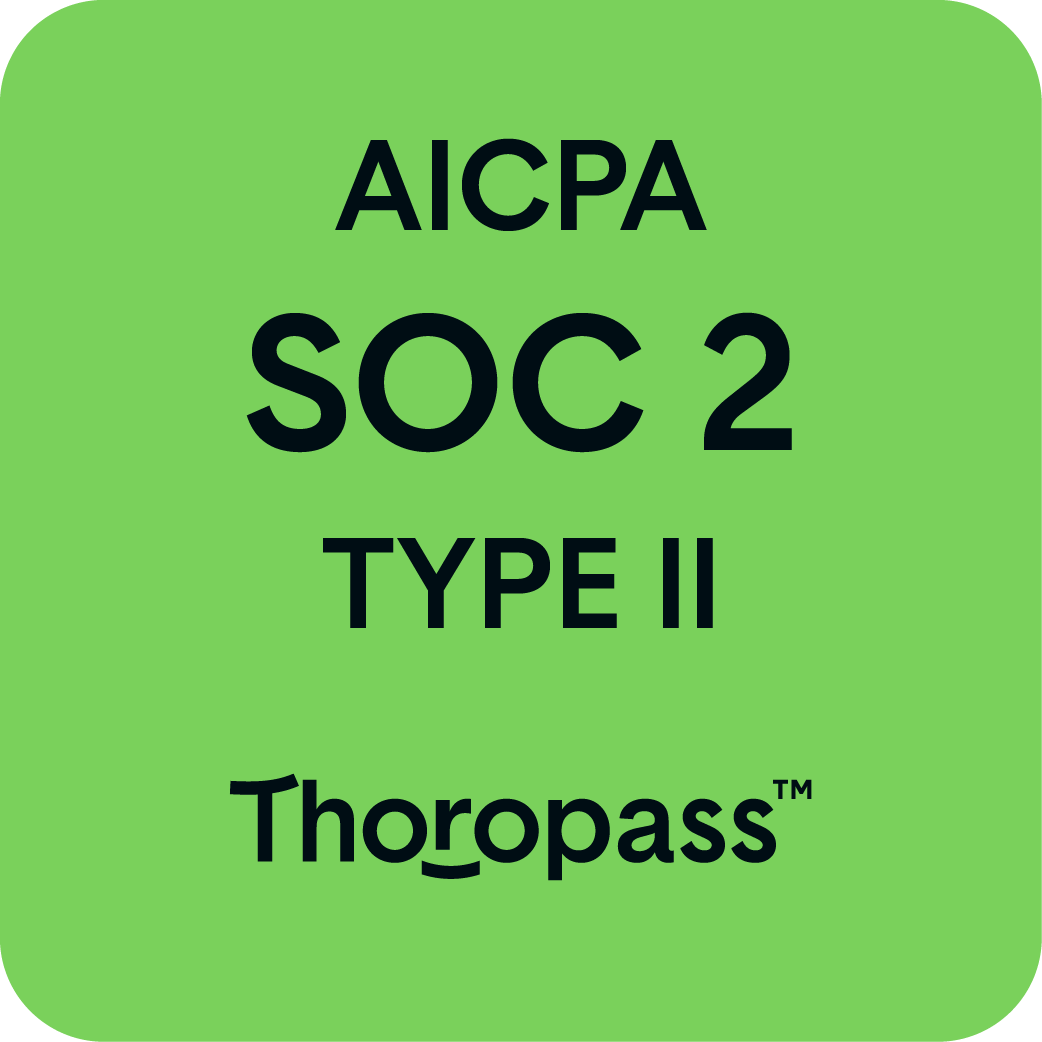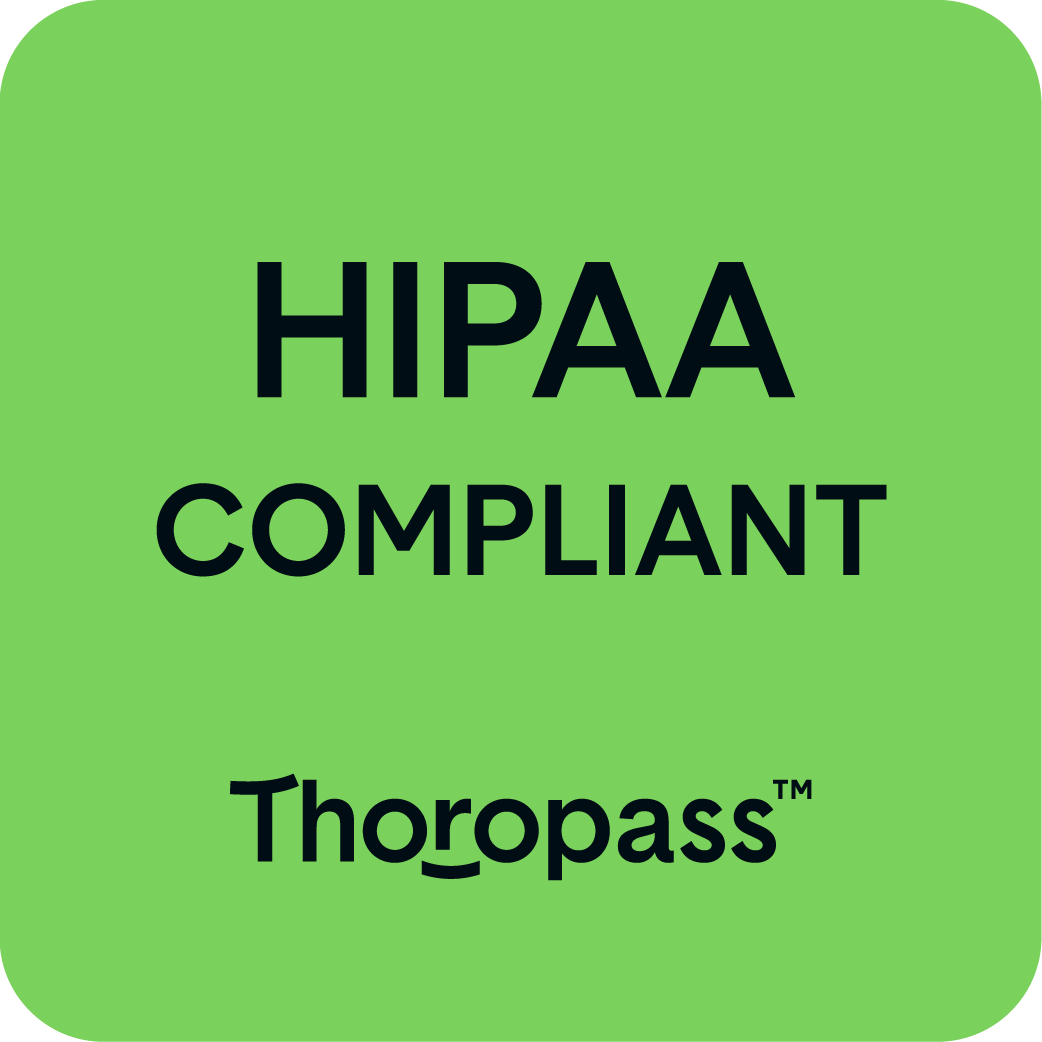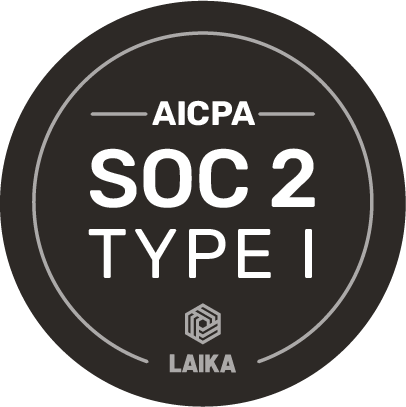Addressing health equity through healthcare innovations

Health equity starts with equal access
Access to healthcare is a hot topic today, and rightfully so. But access doesn’t just stop at health coverage. Factors like language, literacy, culture, gender identity, race/ethnicity, and more have a critical impact on access to appropriate, affordable, and high-quality care. And even when that’s attainable, many marginalized communities still struggle to achieve better health outcomes because of those very same factors.
The downstream effects of health inequities are devastating, and as we’ve seen, it can have dire implications on entire communities.
Healthcare innovators are taking note and are developing solutions that aim to drive meaningful change. With that in mind, let’s look at a few that are working to overturn longstanding barriers to better, more equitable healthcare.
Breaking down communication barriers
Remember your most recent doctor’s visit? Roughly how long did it last from start to finish? “Not very long” would be the answer for most people. In fact, the average doctor’s visit lasts well under 20 minutes, in the course of which patients typically spend slightly more time speaking than physicians.
In other words, patients have less than 20 minutes to process and retain vital information and appropriate next steps conveyed by a physician in slightly over 5 minutes. That isn’t easy for most of us under ordinary circumstances. But it can be overwhelming and disorientating for the 25 million people in the U.S. today who speak little or no English.
What if you’ve just received a surprising, unusual, or unfamiliar diagnosis? In that case, you might as well be speaking a new language, too. Words like cystitis, pyelonephritis, and poliomyelitis are not immediately familiar to most people, let alone populations with low literacy rates.
Fortunately, a few visionary startups are working to remove these roadblocks. One of which is Abridge, a consumer and clinician-facing app that leverages the power of artificial intelligence to transcribe important medical conversations in real-time. Abridge’s recording tool for consumers allows patients to record their appointments and access them later, which is critical for populations with low literacy rates. It gives them time and space to research the conditions referenced during their visit. The app even highlights symptoms, conditions, procedures, and medications, which can also be vital to those struggling with language and literacy.
Abridge’s work is an excellent example of how we can leverage technology to close significant shortcomings in our current approach to healthcare delivery. And it’s a benefit to which, no doubt, the company’s 50,000-plus user base can attest.
But literacy levels are far from the only communication barrier millions face when seeking healthcare. What about populations who’ve historically faced prejudices in healthcare? Or those who’ve experienced a lack of cultural awareness during their care journey? That’s more widespread than one might think, and for millions, it’s a massive impediment to trust and getting quality care.
Startups like Alma are making headway on that front. Alma is transforming the process of searching for mental health providers by allowing users to search and filter through providers by what matters most to them so factors like gender identity, sexual identity, race/ethnicity, language, and more. For many different cultures, mental health still carries a negative stigma, and connecting with a mental health provider who understands the nuances of cultural norms can be difficult. The ability to search for providers and sort by factors outside of clinical qualifications is a game-changer. Alma also provides access to a dedicated team to match users with the right provider, which can be invaluable for users who aren’t familiar with using digital health tools.
Greater inclusiveness in healthcare
Barriers to care don’t stop at just communication. Statistics about health inequities within the LGBTQIA+ community are alarming. Higher rates of psychiatric disorders, substance abuse, and suicide have been documented, simply for starters. Among LGBTQIA+ youth, the situation is even more worrisome, with a higher risk of substance use, sexually transmitted diseases, cancers, cardiovascular diseases, obesity, bullying, isolation, rejection, anxiety, depression, and suicide, all recorded by the National Institute of Health. And LGBTQIA+ individuals of all ages are less likely to be insured than the general population, too.
Next-generation digital health startups like FOLX Health are stepping in to fill the void. Billing itself as a platform for “no ignorance, no judgment, no-hassle,” FOLX helps queer and trans communities identify critical health needs, take advantage of advanced telehealth solutions — and even get medicines and treatments delivered to them at home. It’s a timely solution in the era of COVID-19 and one that’s long overdue.
Cityblock Health — a care provider to roughly 70,000 members across four major metropolitan areas in the U.S. — is another healthcare innovator that’s ensuring greater inclusiveness in healthcare and delivers high-quality services to historically marginalized groups. Their model is based on the philosophy that improving health outcomes and minimizing systemic inequities requires us to understand and take action on upstream factors. To that end, Citybock provides its members with a combination of virtual and in-person primary care, behavioral health, and services to address the social determinants of health. So far, Cityblock’s impact is staggering — in 2020 alone, members have experienced reductions in in-patient hospital admission rates and improvements in quality outcomes.
FOLX, Cityblock, and other healthcare startups know that providing equitable access to healthcare requires us to think beyond the four walls of clinical and behavioral care.
Where do we go from here
On the whole, these technology-driven trends hold enormous potential to redress longstanding inequities in healthcare. But they don’t occur in isolation. They require a collaborative ecosystem of forward-thinking organizations and a complete reevaluation of legacy systems, which is a principal part of our purpose at Ribbon. We’re deeply committed to building critical infrastructure for innovations in healthcare delivery. Every day we work with organizations like Abridge to drive not only convenient, high-quality, and cost-effective healthcare decisions but also equitable access to care.
We still have a long way to go. As long as factors like language, literacy, culture, gender identity, race/ethnicity, and more continue to have an outsized influence on health outcomes, we can’t afford to rest on our laurels. At Ribbon, we’ll continue to double down on our mission and do everything we can to help close the gap in health disparities.
To learn more about our perspective on healthcare innovations in a post-COVID world and meeting the collective need for a simpler, more accessible, and more just system, check out our 2020 retrospective.
Read more about our company and culture

Ribbon Health Named 2023 MedTech Breakthrough Award Winner

Fierce Healthcare names Ribbon Health as one of its 2023 “Fierce 15” companies






.png)